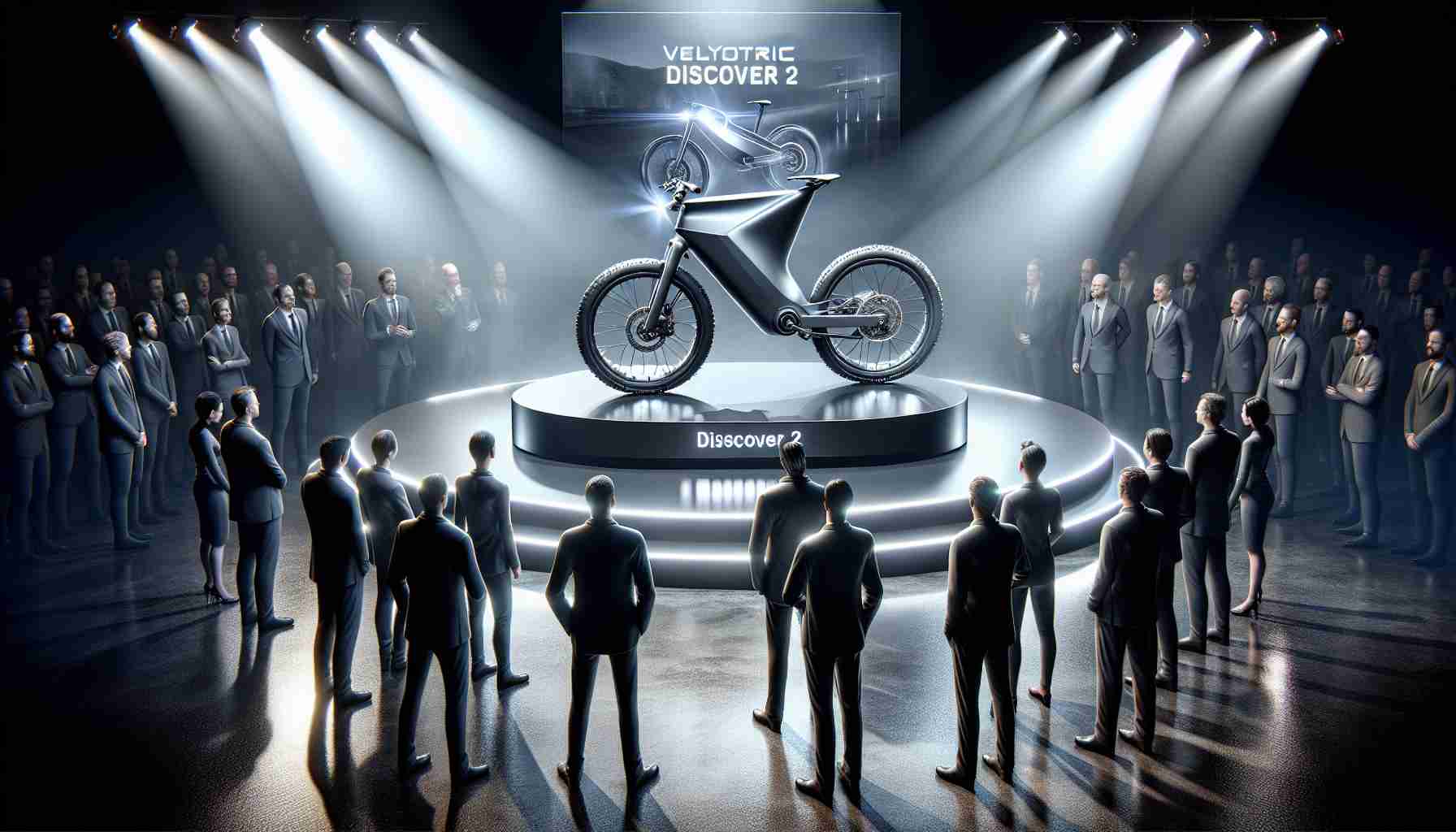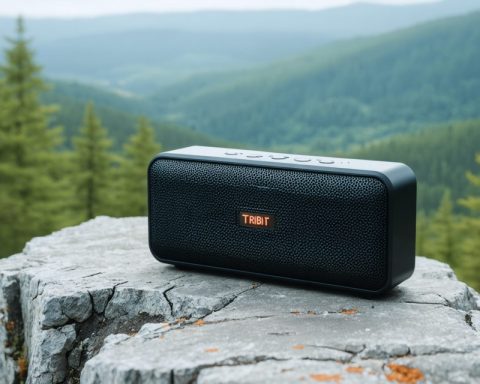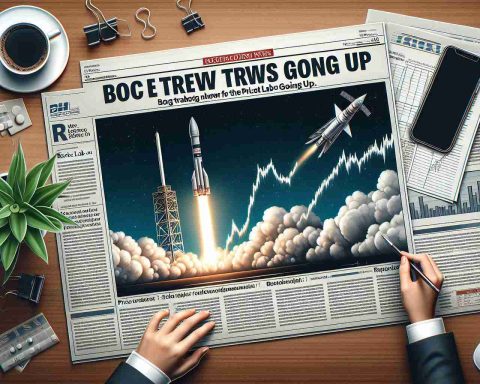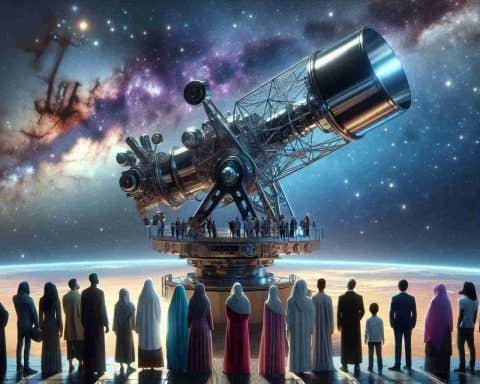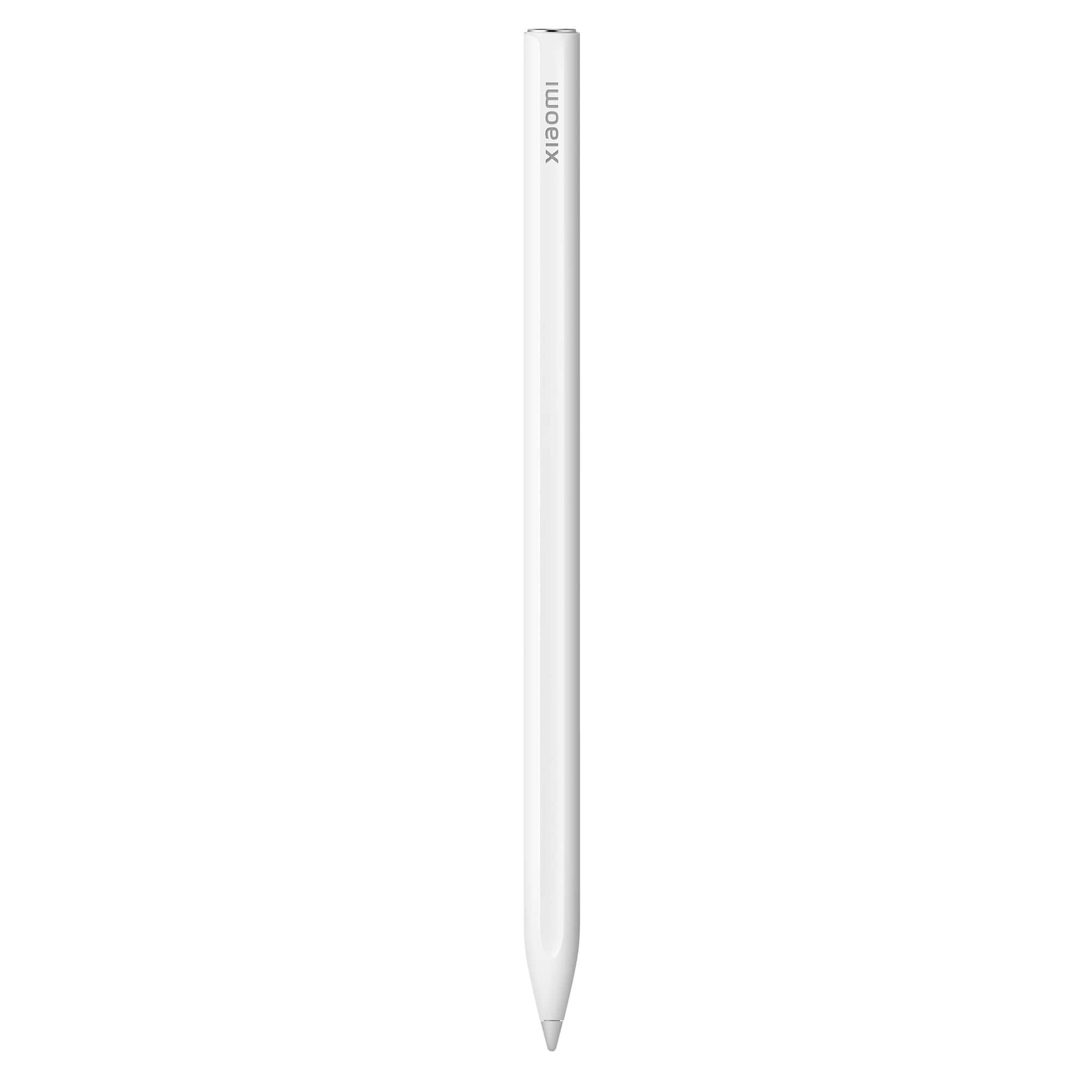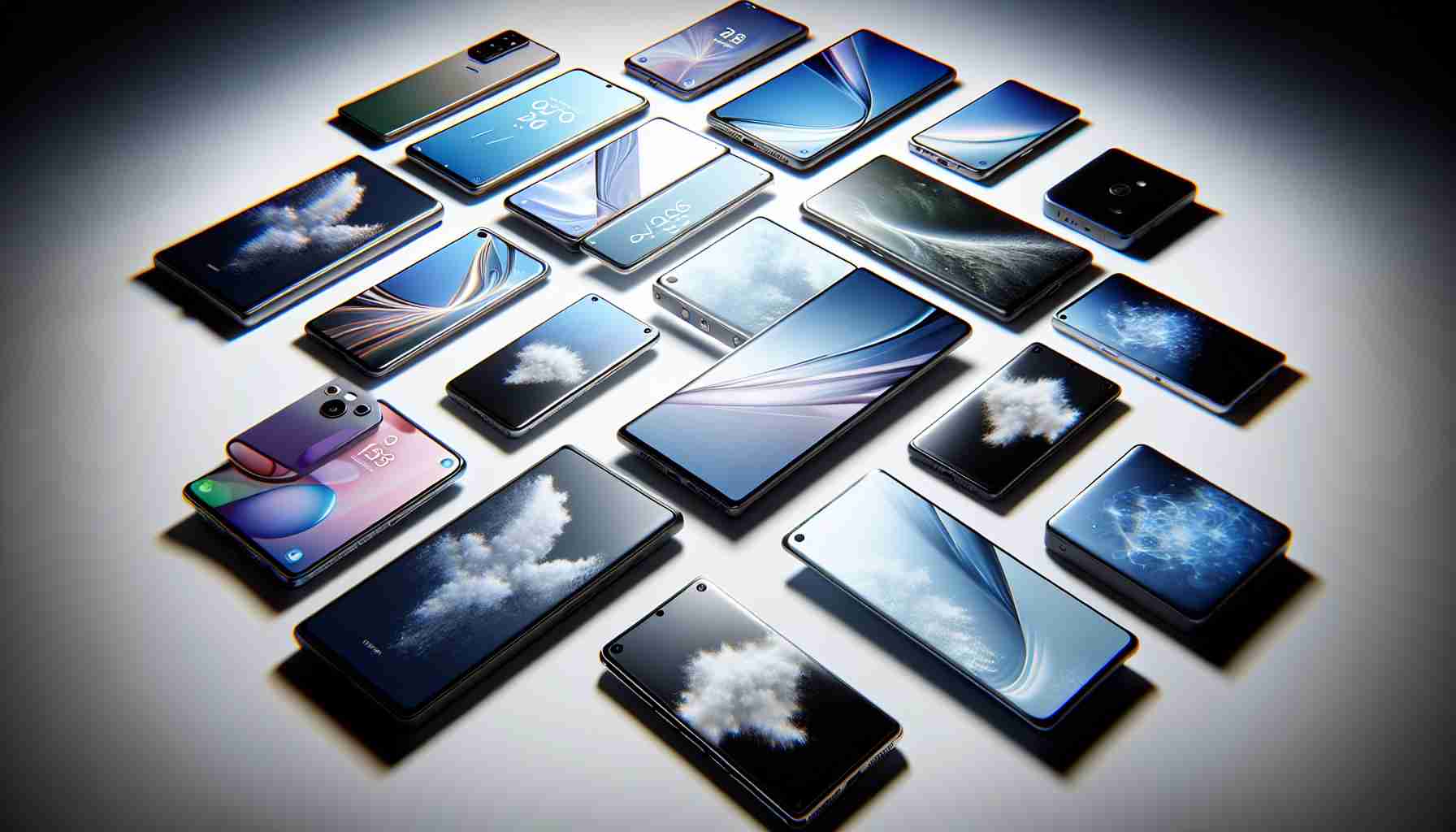La Velotric Discover 2, l’ultima aggiunta alla gamma di biciclette Velotric, non è una normale bicicletta elettrica. Mentre i suoi colori vivaci potrebbero catturare l’attenzione, è ciò che si trova sotto la superficie che rende davvero unica questa e-bike rispetto alla concorrenza. Dalla certificazione UL ai sistemi di guida proprietari e alle caratteristiche innovative, Velotric sta rivoluzionando l’industria delle biciclette elettriche.
La sicurezza è al centro della filosofia di design di Velotric. A differenza di altri produttori di e-bike, Velotric cerca direttamente la certificazione UL sia per la batteria che per l’intera e-bike. Questa certificazione, lo standard oro per la sicurezza delle e-bike, garantisce che la Velotric Discover 2 soddisfi rigorosi standard dell’industria, offrendo ai ciclisti tranquillità.
Ma non finisce qui. L’impegno di Velotric per l’eccellenza si estende al suo sistema di guida proprietario. A differenza dei suoi concorrenti che assemblano e-bike con componenti pronti all’uso, Velotric costruisce le sue e-bike utilizzando il proprio gruppo motopropulsore. Con un team di produzione dedicato e numerosi brevetti, Velotric garantisce che ogni componente funzioni in modo armonioso, ottenendo una migliore performance, una maggiore coppia e un’autonomia più lunga.
L’attenzione ai dettagli continua con la costruzione del telaio. La Velotric Discover 2 presenta un telaio saldato a perline rifinito a mano, garantendo resistenza e durata. La qualità della saldatura è spesso trascurata nel mondo delle e-bike, ma l’impegno di Velotric per la qualità assicura che le loro e-bike non solo abbiano un bell’aspetto, ma resistano anche alla prova del tempo.
L’innovazione di Velotric si estende anche ai dettagli più piccoli. La Velotric Discover 2 è dotata di una comoda maniglia per la batteria, rendendo più facile e sicuro il trasporto della batteria. A differenza di altre e-bike che non hanno questa caratteristica, Velotric ha dato priorità all’esperienza utente progettando piccole ma significative aggiunte.
Ciò che rende davvero unica la Velotric Discover 2 è il suo design impermeabile. Con una classificazione IPX7 per la batteria e una classificazione IPX6 per il resto della bicicletta, la Discover 2 può resistere all’immersione in acqua e ai getti ad alta pressione. Questa caratteristica non solo consente una facile pulizia, ma offre anche tranquillità ai ciclisti quando si trovano sotto una pioggia improvvisa.
Infine, la Velotric Discover 2 offre prestazioni di picco che si possono sentire. Con un vero motore continuo da 750 W, questa e-bike offre una potente accelerazione e può conquistare anche le salite più ripide grazie ai suoi 75 Nm di coppia.
In un mare di biciclette elettriche, la Velotric Discover 2 si distingue come un’opzione innovativa e performante. Dal suo impegno per la sicurezza e la qualità alle sue caratteristiche uniche e alle potenti prestazioni, Velotric sta ridefinendo cosa significa guidare una bicicletta elettrica. Vivi l’arte dell’innovazione con la Velotric Discover 2.
